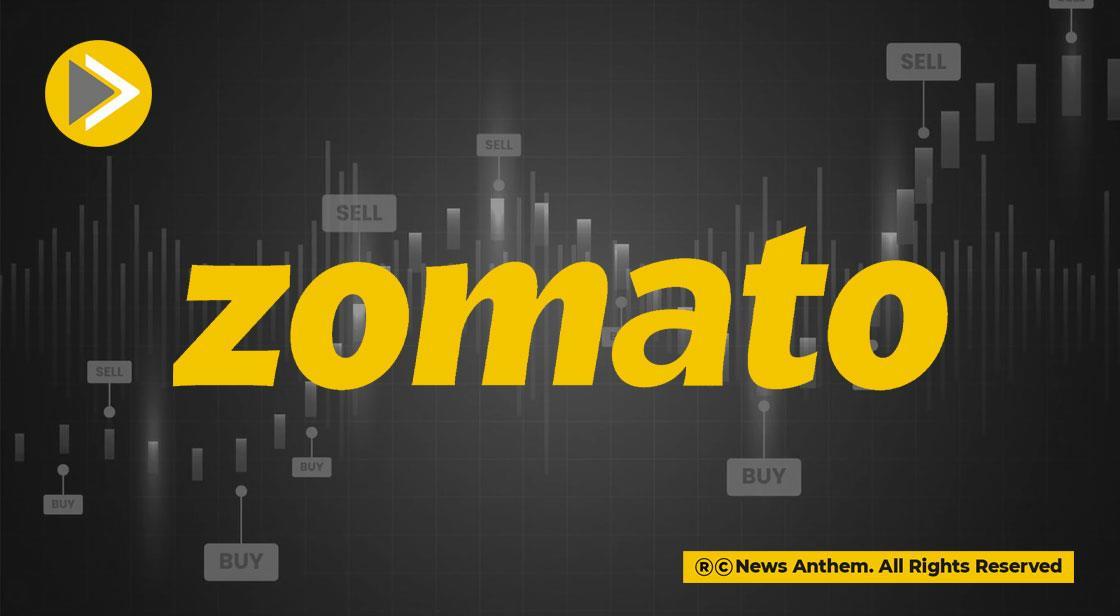Zomato, Swiggy Likely to Keep Rs 10 Fee Post-Festive Season

News Synopsis
Food delivery platforms Zomato and Swiggy are considering maintaining the increased Rs 10 platform fee per order even after the festive season ends, as per sources familiar with the matter. This fee was initially introduced in October 2024, with both platforms citing the spike in demand during the holiday period as the reason for the increase.
Fee Details and Impact on Consumers
The Rs 10 fee, subject to an additional 18% Goods and Services Tax (GST), translates to a total of Rs 11.8 that customers pay for each order placed through these platforms. This fee, which applies uniformly to all customers— including Zomato Gold and Swiggy One premium subscribers who typically enjoy free delivery benefits for orders above a minimum value—has been seen as a significant move towards increasing the platforms’ profitability.
Zomato and Swiggy process approximately 150,000-200,000 orders daily, and by imposing this fee across the board, both companies aim to enhance their financial positions. While this fee is directly borne by the customers and not the restaurants, it helps the food delivery platforms maintain smooth operations, especially during high-demand periods like festivals.
The National Restaurant Association's Perspective
The National Restaurant Association of India (NRAI) has voiced support for the increased platform fee. According to Pranav M Rungta, Vice President of the NRAI, this fee could ease the financial burden on restaurants by reducing their commission costs to platforms. Rungta emphasized that consumers paying for the added convenience of food delivery was an ideal way for the platforms to earn revenue. He further mentioned that this fee may continue to rise in the future, as consumers seem to have adjusted well to the idea of paying for the service.
Historical Increases in Platform Fees
Platform fees, which are separate from restaurant charges, delivery fees, and GST, have progressively increased since their introduction. Swiggy was the first to implement such a fee in April 2023, starting with a modest Rs 2 charge. Zomato followed suit in August 2023 with its own platform fee. Both companies have since increased their platform fees multiple times, with Swiggy raising it to Rs 5 in April 2023 and further to Rs 6 in July 2023. The current Rs 10 platform fee represents a substantial 400% increase from the initial fee.
Zomato also raised its fee to Rs 3 in 2023 and further increased it to Rs 4 in January 2024. During the festive period in December 2023, Zomato temporarily raised the platform fee to Rs 9, but it reverted to Rs 10 in October 2024. Both platforms explained that the increase was necessary to manage operational costs and ensure smooth service delivery during the busy festive season.
The Rationale Behind the Increased Platform Fee
Zomato’s app notification regarding the fee hike stated that the platform fee helped cover operational costs and allowed the company to maintain services during the festive rush. Swiggy implemented a similar fee increase shortly afterward, branding it as a "festive season platform fee" to help with operational demands.
For restaurants, the cost of acquiring an order on platforms like Zomato and Swiggy can be as high as 40% of the total order value. This includes a combination of commissions (ranging from 15% to 30% depending on the restaurant's relationship with the aggregator), payment handling fees (1.8%), and promotion or discount costs (5-10%). The NRAI has urged platforms to shift the financial burden from restaurants to customers by charging a platform fee per order. Rungta highlighted that this would allow restaurants to reduce their dependence on discounts and promotions, which significantly cut into their profits.
Future Trends and Possible Outcomes
Both Swiggy and Zomato have reported record numbers of orders during the festive period, suggesting that the increased platform fee has been accepted by consumers. This has led industry experts to believe that the platforms may continue charging this fee even after the festive period ends. Furthermore, the fee’s permanence could indicate a shift in how food delivery platforms generate revenue, with consumers increasingly expected to pay for the convenience of home deliveries.
Conclusion
The continued platform fee of Rs 10 per order reflects the food delivery platforms’ strategies to increase profitability while managing growing demand. While the increase has been met with mixed reactions, particularly from restaurants, it seems to be a viable way for companies like Zomato and Swiggy to continue their growth and provide services to consumers. The fee is also seen as a tool to help offset high commissions for restaurants, which in turn could foster a more sustainable business model in the long run.
You May Like









